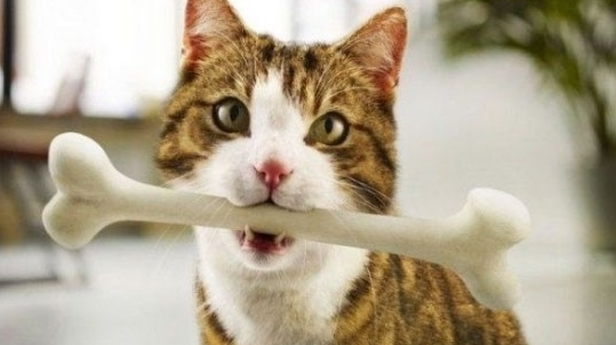Cats sometimes need meals that soften the stomach when they have digestive problems, to help them restore their normal functions. What meals ease the stomachs of cats and treat them with constipation? We will learn about it through the article on Animal Care Tr.
4 meals that soften the stomachs of cats and treat constipation in cats
- Fiber
- Wet foods
- Boneless chicken
- Oats
1- Fiber
When your cat has digestive problems, you can offer her foods rich in fiber to restore the nature of her intestinal functions. Fiber helps to regulate the work of the stomach and lubricate it without the need for any chemical or industrial substances that have a nutritional effect in the long run. Among the foods that contain fiber are peas and beets, as they contain a good fiber ratio that is suitable for these cases and treats digestion and constipation problems.
2- wet foods
Ready or cooked wet food at home helps soften the stomach in cats suffering from indigestion problems, and there are many ready-made products designed for this purpose and you can make it at home to achieve the best nutritional value.
3- Boneless chicken
Providing your cat with boneless chicken helps in a quick recovery and restores its intestinal balance in a short time. Boneless chicken contains effective laxative elements in addition to protein that is essential for the health of its bodily functions and the treatment of digestion and constipation problems.
4- Oats
Oats are one of the good elements that treat acute stomach problems and digestive problems as well for all breeds of cats.

Is milk considered a laxative for cats’ stomachs?
Yes, milk is a natural laxative because it contains substances such as lactose, which facilitates digestion and softens the stomach. However, we advise against eating large amounts of milk for cats in normal cases because it causes diarrhea unless the cats suffer from digestion difficulties and constipation.
10 things every vet wants you to know
Breeders usually show their pets to a veterinarian on an annual basis, or according to their health needs, which may impose on them some regular checks and periodic examinations, to ensure that their condition does not develop badly and that they have a long life expectancy.
- Regular vaccinations for the animal
- The case of spaying or neutering your pet
- Communication is the key
- The importance of parasite prevention
- Animal diet
- The importance of dental care
- Never give a pet human medicine
- How to keep a pet while traveling
- Poison Awareness
- Vets are not superheroes

Medicine is not an exact science. The same applies to veterinary medicine. It relies on research, testing, and gathering all the facts with a touch of guesswork, to find out the cause of a pet’s disease and how to treat it. Sometimes the doctor may make a mistake, but of course, he does his best to avoid it.
Please be patient with your veterinarian, who has been through much education, training, and experience, to be there for you and your pet.